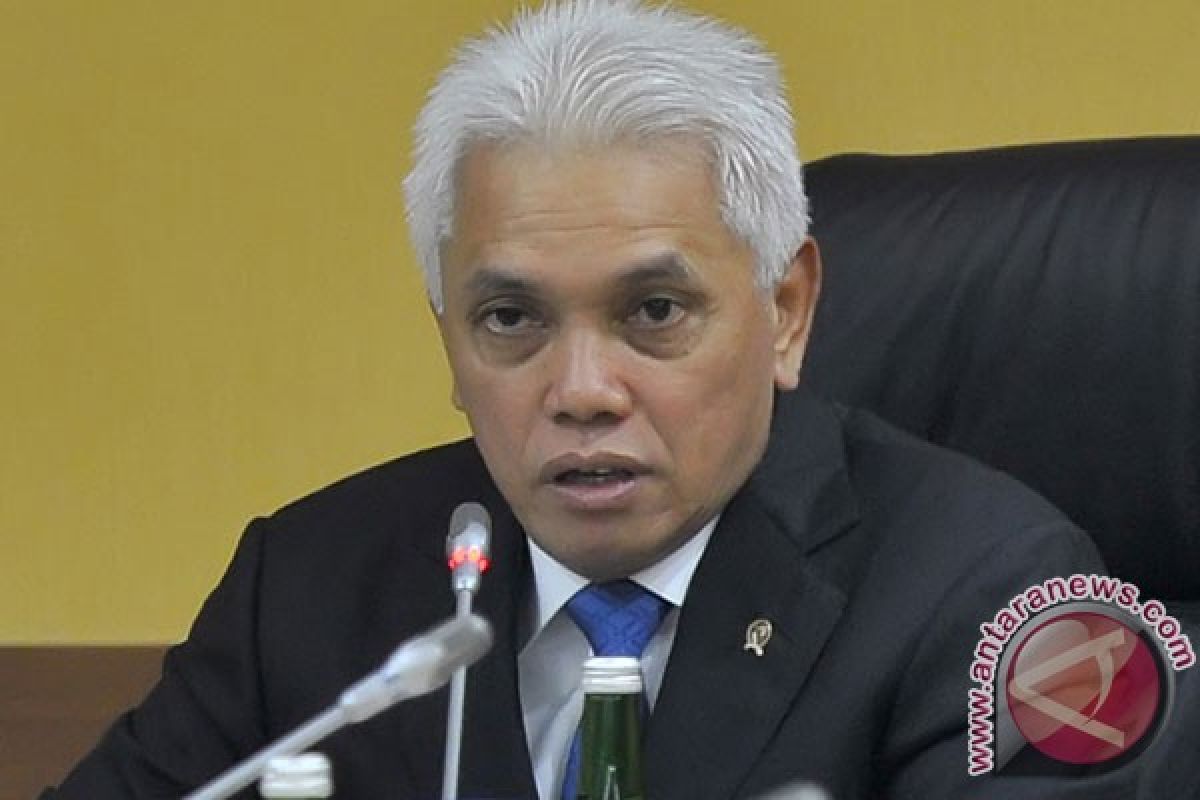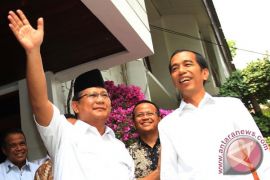It is Bulog that has the authority to import it."Yogyakarta (ANTARA News) - Chief Economic Minister Hatta Rajasa has ordered the Trade Ministry and the Agriculture Ministry to investigate the illegal entry into Indonesia of Vietnamese rice.
"I have met with Agriculture Minister Suswono and the trade deputy minister, asking them to investigate the case soon," Hatta Rajasa said here on Thursday.
The minister added that there were indications of abuse of import permits. Based upon the permits, the importers were not allowed to import medium category rice.
"From the aspect of agriculture and trade, there is nothing wrong with it. The licenses have correctly been issued. But the importers who used the licenses might have abused them," Hatta stated.
He noted that the licenses should be used only for importing certain types of rice.
The minister was responding to a report on illegal rice imports discovered at the Cipinang wholesale market, East Jakarta, noting that the price of the illegal rice was less expensive than the price of farmers rice.
It was also reported that the Vietnamese rice was brought into the country using legal documents from the directorate general of external trade of the Ministry of Trade.
Hatta stressed that the government had never issued a permit for individuals to import rice. Therefore, he was convinced that the rice that came from Vietnam had been imported illegally.
The government has only issued a license for rice imports to state-owned logistics board Bulog as a market price stabilizer.
Bulog was assigned by the government to import rice or to purchase it from farmers to guarantee proper rice stocks are kept in storage.
"The license to import rice will be issued for Bulog only, except for the importation of certain types of rice for foreigners and for others. It is Bulog that has the authority to import it," the minister said.
In the meantime, the Indonesian customs authorities are investigating the alleged abuse of permits to import Vietnamese rice, which had sparked a debate at the Cipinang wholesale market in East Jakarta.
"The Directorate General of Customs and Excise will soon take anticipatory steps in response to the alleged abuse (of the rice import permits) at an operational level in the customs service and supervision system," Director General of Customs and Excise Susiwijono Moegiarso stated in a press statement released on Tuesday.
He noted that the import of 16.9 thousand tons of rice complied with standing procedures and rules, as well as having been given import approvals, surveyors reports and automated reconciliation from the Indonesian National Single Window portal.
However, he did not rule out the possibility of the import permits being abused on the grounds that the permits included written approvals intended to import special rice, instead of general rice, which can be imported by state logistics board Bulog.
"This has happened as the HS codes of the two types of rice are the same: 1006.30.99.00. The Directorate General of Customs and Excise is investigating the alleged abuse of the import permits, including the audit of the surveyors reports," he explained.
Under the Trade Ministers Regulation No.06/M-DAG/PER/2/2012, the import of rice, with headings 1006.30.99.00, can be performed only by Bulog, with approval from the ministry, to stabilize prices, cope with a state of emergency, provide subsidized rice for the poor, or address food scarcity issues.
Last year, the ministry issued a permit to import 16.9 thousand tons of special rice, consisting of 1,845 tons of the Basmati variety and 14,997 tons of the Japonica variety.
According to the Directorate General of Customs and Excise, the rice imports from Vietnam have been shipped 83 times and involved 58 importers, other than Bulog. The rice was imported via Tanjung Priok port in North Jakarta and Belawan port in North Sumatra.
Further, the rice imports were supported by import permits and surveyors reports.
On Tuesday, Trade Minister Gita Wirjawan pledged to take stern measures against abusers of rice import permits, explaining that the permits were issued according to standing procedures and recommendations from the Agriculture Ministry.
However, he added that the Trade Ministry had yet to find evidence pointing toward the abuse of rice import permits.***2***
(A014/INE/H-YH)
(EDITED BY INE)
(T.A014/A/KR-BSR/A/H-YH) 30-01-2014 20:05:06
Editor: Priyambodo RH
Copyright © ANTARA 2014












